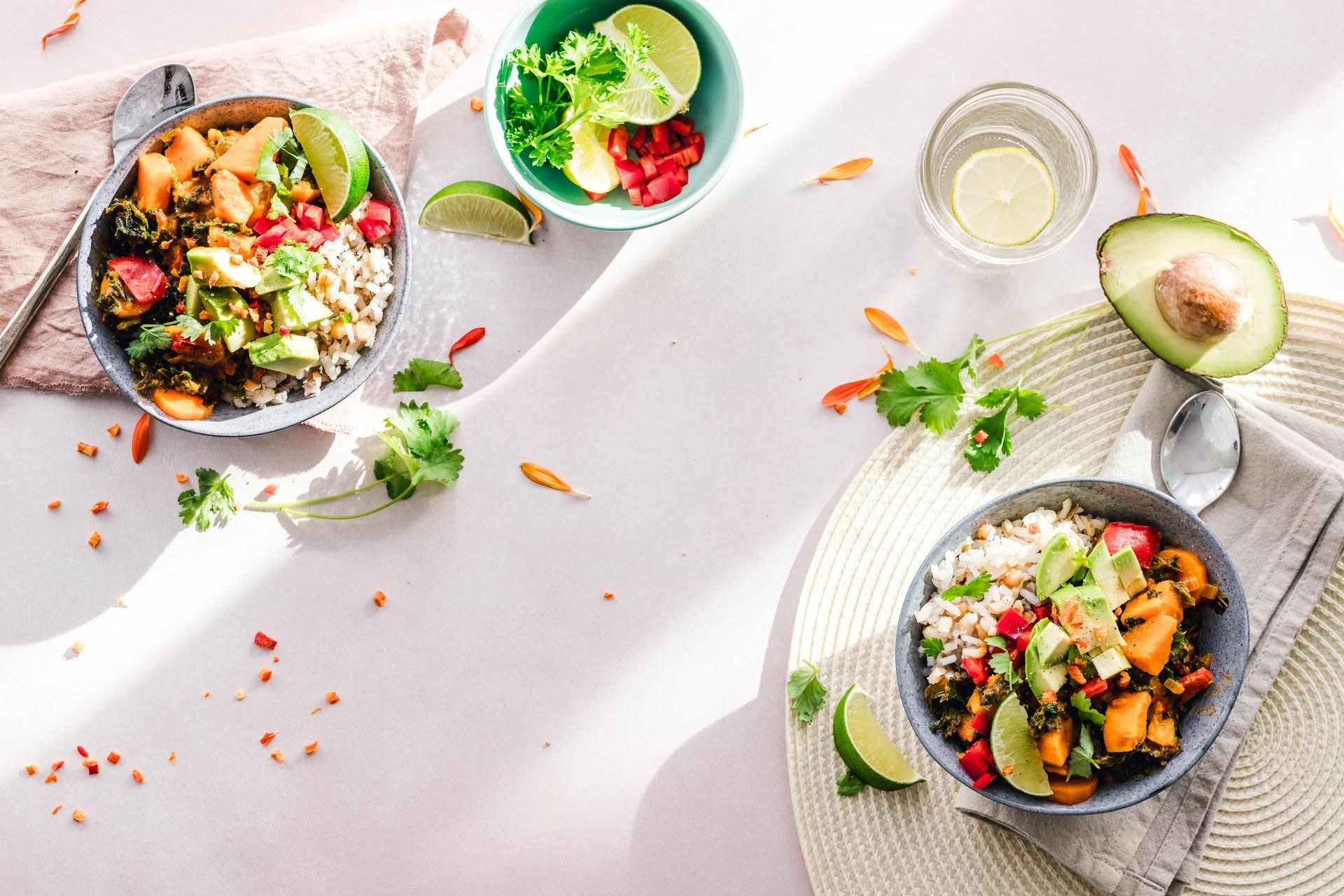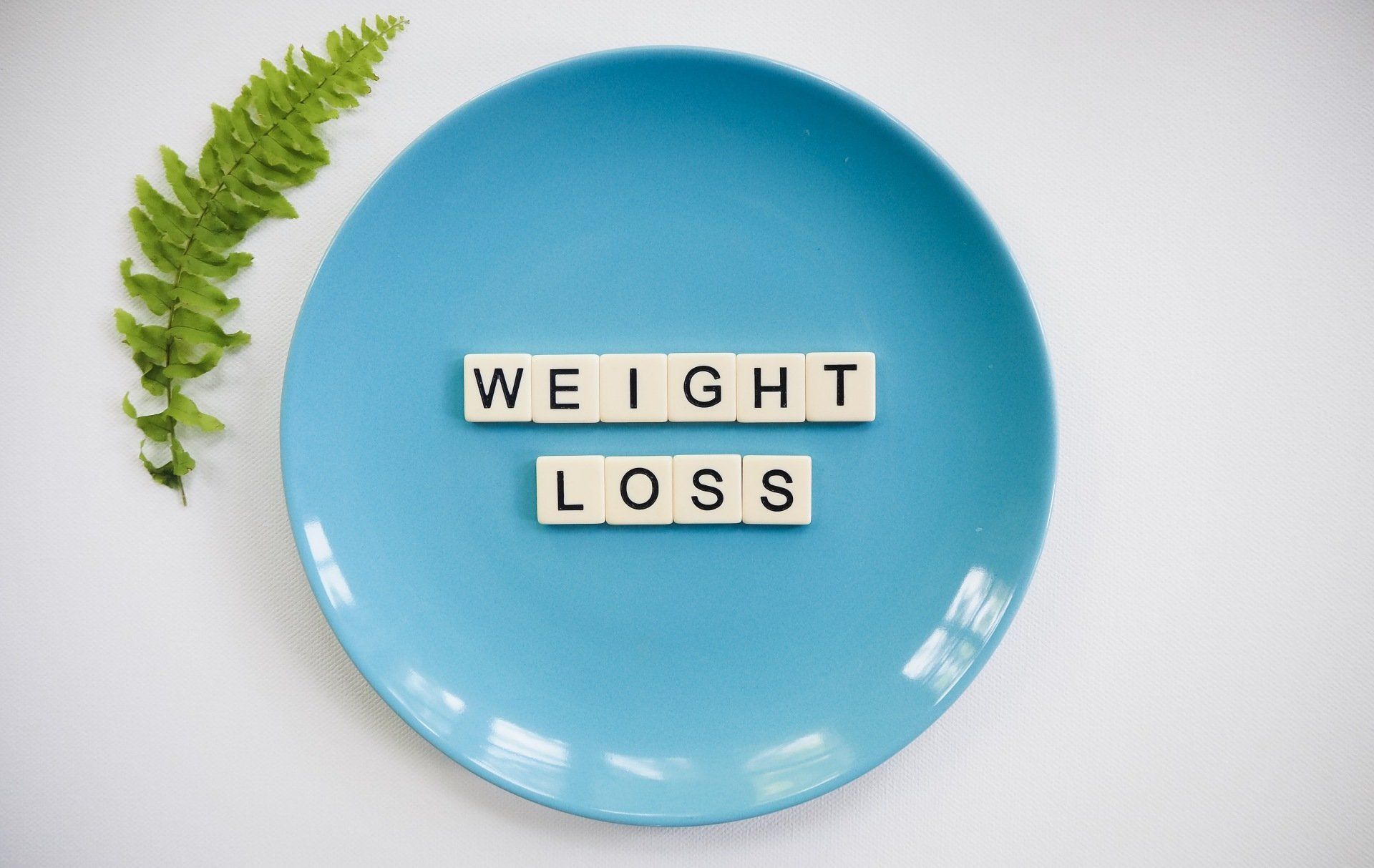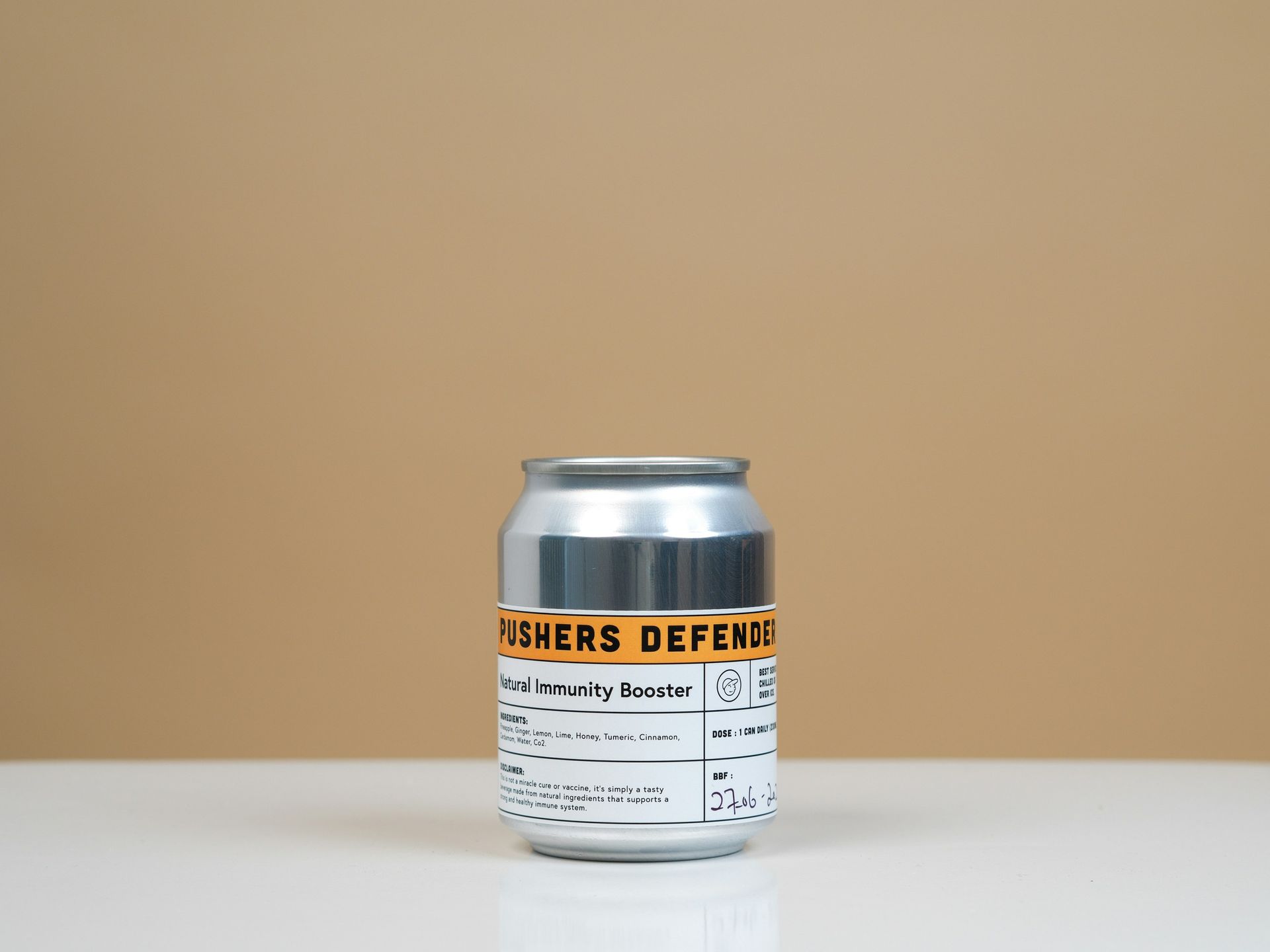Keto and alternative medicine updates at the VA oncology conference 2019
Last week, I took a much anticipated break to attend the 2019 annual meeting of AVAHO, (Association of Veteran Affairs Hematology Oncology) . I heard that there were several alternative medicine topics, so I couldn't wait to attend. This year, the meeting took place in the lovely city of Minneapolis, Minnesota. The weather was forecasted to be rainy, but luckily it was mild and dry. I took a quick two-hour non-stop Delta flight and landed safely before it was dark. Together with my federal employee colleagues, we caught a quick $2, convenient 20-minute tram ride to the hotel.
My colleague, Dr. Sandy Blakowski, was a palliative care expert. She couldn’t make it, so I offered to present her poster on “virtual palliative care in the Pittsburgh VA.” Telemedicine is booming, at le"st in our hospital. We not only have palliative care, but also conduct virtual appointments with our patients who live in Altoona, over two hours away. More on this later!
I made myself a detailed schedule, planning to attend several interesting lectures, but made sure to sit in on the “Complementary / Integrative Medicine” sessions.
Not surprisingly, the hall was packed to the brim with people.
Herbs and (Pot) Cannabis
I enjoyed the “Herbal Supplements in Cancer Patients” session, and learned a lot from the “POTential uses of Cannabinoids as Medicine” session. It looks like despite the growing popularity of cannabis, we still cannot freely prescribe marijuana for our patients. Not surprisingly, the room was also packed with people.
Stress reduction
“Stress management techniques after a cancer diagnosis” was another informative topic which drew much interest. Receiving a diagnosis of cancer is a big deal. Stress, not surprisingly, needs to be addressed in addition to the planned cancer treatment. Meditation, yoga, exercise were some of the techniques discussed.
Cachexia, weight loss in cancer, and omega-3 oils
There was also a small interest group session on “Nutrition”. It was assigned a tiny hall by the side of the larger “Lung cancer updates” session. As I let myself into the packed room, I found a precious vacant seat by the front. Majority of those in the audience were nutritionists, but there were a few physicians sprinkled in between. The talk was about “Novel approaches to treating cancer cachexia”.
Cachexia, according to the Oxford English language dictionary is another medical word for “weakness and wasting of the body due to severe chronic illness”. The lecturer shared several slides, some of which reviewed several of the publications that studied how to reduce cancer cachexia. One of the featured scientists was Dr. Ken Fearon who used to study different ways to slow down cancer related muscle wasting. One slide focused on omega-3 oils and how consuming these oils would help decrease inflammation, and ultimately slow down cancer wasting. [1]
It was a lively lecture, with many people fielding questions after the session. I raised my hand and pointed out to the lecturer that she forgot to include in her slides, Dr. Fearon’s studies regarding the effects of a high fat (ketogenic) diet in cancer cachexia. [2]
” In Fearon’s small study, he found there was some reduction of weight loss and also decreased tumor size [2]”, I said.
I asked the lecturer "what she thought of using the ketogenic diet" for cancer patients in general.
You are entitled to your (my) opinion
“NONSENSE!!!” boomed a heavy voice from behind me.
“THIS IS ABSOLUTE NONSENSE… Sugar does NOT feed cancer!!!” the heavy voice continued.
I turned my head around, to search for the source of this unwelcome intrusion.
There he was, just three seats away from me. Well dressed, and loud spoken, from his appearance I could tell that he was definitely not a follower of the keto diet.
Obviously, an engaged listener, he was definitely not in the mood for a friendly discussion.
Physically, I was no match for him, even if I owned a black belt in Tang Soo do karate.
“Ah-hem” - Clearing my throat, I answered- “You are welcome to voice your own opinion. But clearly you still do not fully grasp the concept behind this. I suggest that you do some more research on this in your free time.” I felt somewhat protected by the crowd around me. Not wasting any more time, I slipped out of the room, and onto the next session.
Are doctors receptive to the ketogenic diet?
Right now, there are growing numbers of oncology specialists who are taking notice and advising their patients to avoid sugar and starch, and to focus on more nutritionally sound diets.
Unfortunately, there are still an equally large number of physicians who feel that this is “nonsense” and that it doesn’t matter what you eat, to “enjoy what time you have left and eat what suits you”.
In the same way that Columbus had a difficult time convincing people of his time that the earth was indeed round [3], we are compelled to try and increase public and academic awareness of the value of improving nutrition in cancer patients.
Keto for cancer patients who are losing weight?
Patients that have cancer cachexia have a higher chance of dying [4].
How do we reverse this? The normal reflex is to increase caloric intake.
Strangely, this strategy does not work very well when it comes to stopping cancer related weight loss. In fact, weight loss seems to accelerate.
Tisdale studied cancer cachexia in the lab and found that mice with transplanted colon cancers lost a lot of weight. He gave some of the mice a normal diet, and another group of the mice, the same amount of calories, but included more fat. He discovered that a high fat proportioned diet, actually slows down weight loss, and shrinks tumors. [2]
Proper choices in nutrition, therefore, is as basic as the need for surgery and chemotherapy. My dream is that one day we can actually agree on which diet is the best, to prepare our patients for a stronger, patient-led battle against their cancers.
- Barber, M.D., et al., Effect of a fish oil-enriched nutritional supplement on metabolic mediators in patients with pancreatic cancer cachexia. Nutr Cancer, 2001. 40(2): p. 118-24.
- Tisdale, M.J., R.A. Brennan, and K.C. Fearon, Reduction of weight loss and tumour size in a cachexia model by a high fat diet. Br J Cancer, 1987. 56(1): p. 39-43.
- Mulero, H.L., Columbus' trips to America. JAMA, 1977. 237(1): p. 25-6.
- Ozorio, G.A., K. Barao, and N.M. Forones, Cachexia Stage, Patient-Generated Subjective Global Assessment, Phase Angle, and Handgrip Strength in Patients with Gastrointestinal Cancer. Nutr Cancer, 2017. 69(5): p. 772-779.





